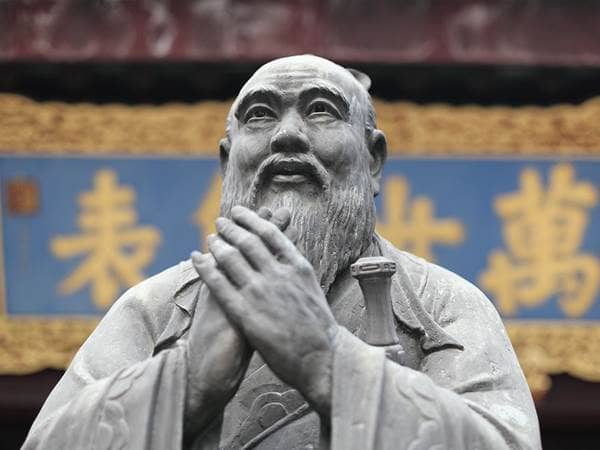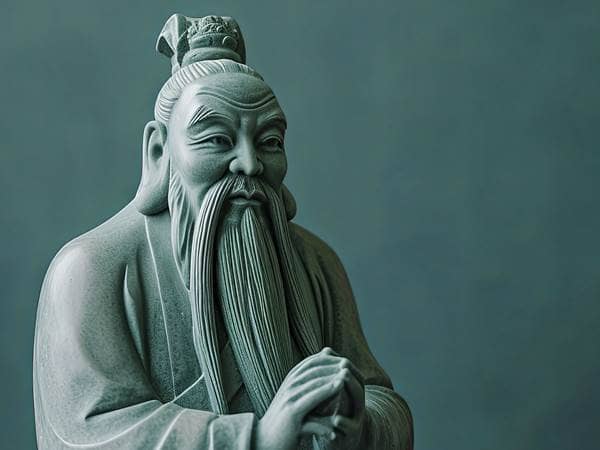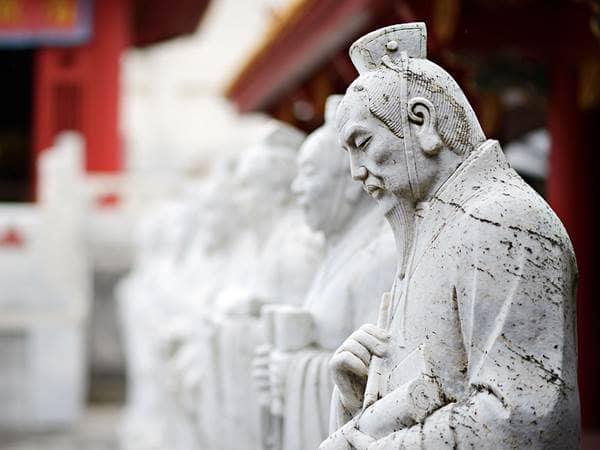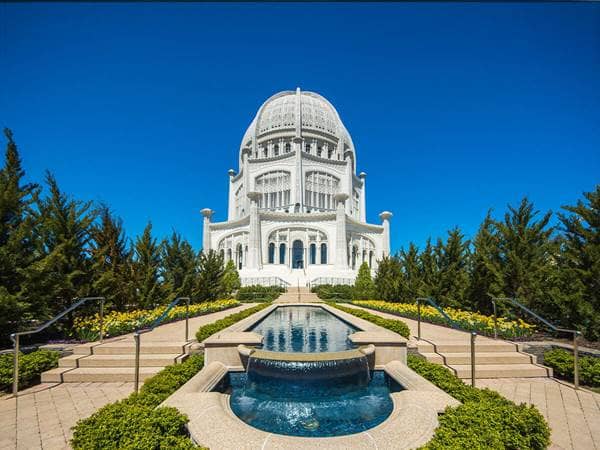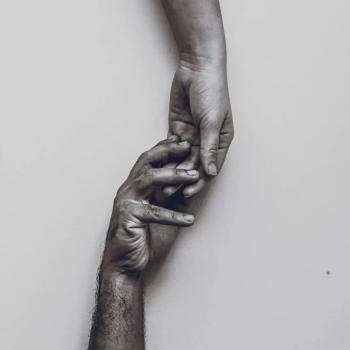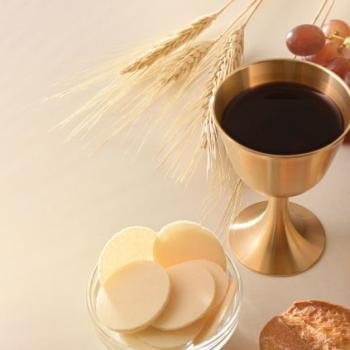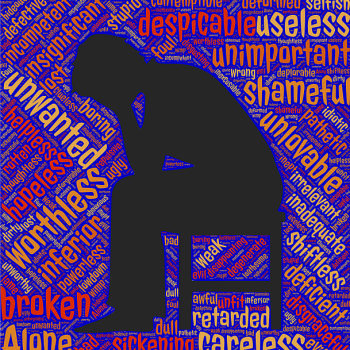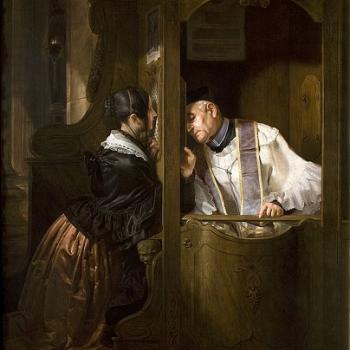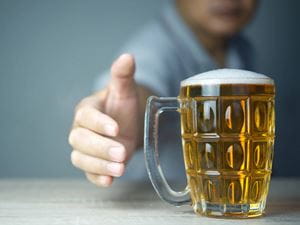
The Baháʼí faith was founded in 1863 (in Iran) and, though a relatively small faith-tradition, it is one of the most widespread religions in the world, having a presence in more than 200 countries. Though a breakoff of Shia Islam, its teachings are very different from that found in the various Islamic sects. For Baháʼí, its most important principles are wrapped up in the concept of unity, emphasizing “the oneness of God, the oneness of religion, and the oneness of humanity.”
Many of the world’s most prominent faith traditions have some sort of dietary code. For example, Muslims don’t eat pork. Hindus don’t eat beef. Jews don’t each shellfish. And Seventh-day Adventists avoid meat altogether.
In addition to those traditions that forbid the consumption of the flesh of animals, there are other religions who prohibit their members from partaking of alcohol as well.
For instance, Jains, baptized Sikhs, some branches of Buddhism, and The Church of Jesus Christ of Latter-day Saints (or “Mormons”) all counsel their members to abstain from alcohol (or other “mind-altering” substances, including recreational drugs).
While the Baháʼí faith does not formally lay out restrictions against partaking of various foods, their scriptural canon does state that that which is eaten should be “clean.” However, Baháʼí does not specifically forbid the consumption of specific meats or other foods that are commonly forbidden in other faith traditions.
With that said, the Baháʼí tradition does have a prohibition against substances which are significantly “mind-altering” (except if prescribed by a licensed physician).
Thus, things like alcohol, recreational drugs, or the equivalent, would be forbidden in mainstream Baháʼí.
Baháʼí tradition places a great deal of emphasis on seeking unity, propagating peace, and never engaging in any form of violence. And yet, as one surveys the history of alcohol and its use, one can only conclude that—for all its popularity—it has caused more harm than good. It is the source of a significant number of deaths (through drunk driving accidents), the abuse of spouse and children, serious addiction, major health challenges, and even financial strain.
While there are those who use alcohol in moderation and with caution, and though Baháʼí teaches that life is to be enjoyed (though in moderation and with detachment), the religion is consistent in its prohibition of alcohol as a substance that prevents, rather than facilitates, the peace, unity, and non-violence that the Baháʼí tradition seeks to propagate and achieve.
5/2/2024 4:43:55 PM


